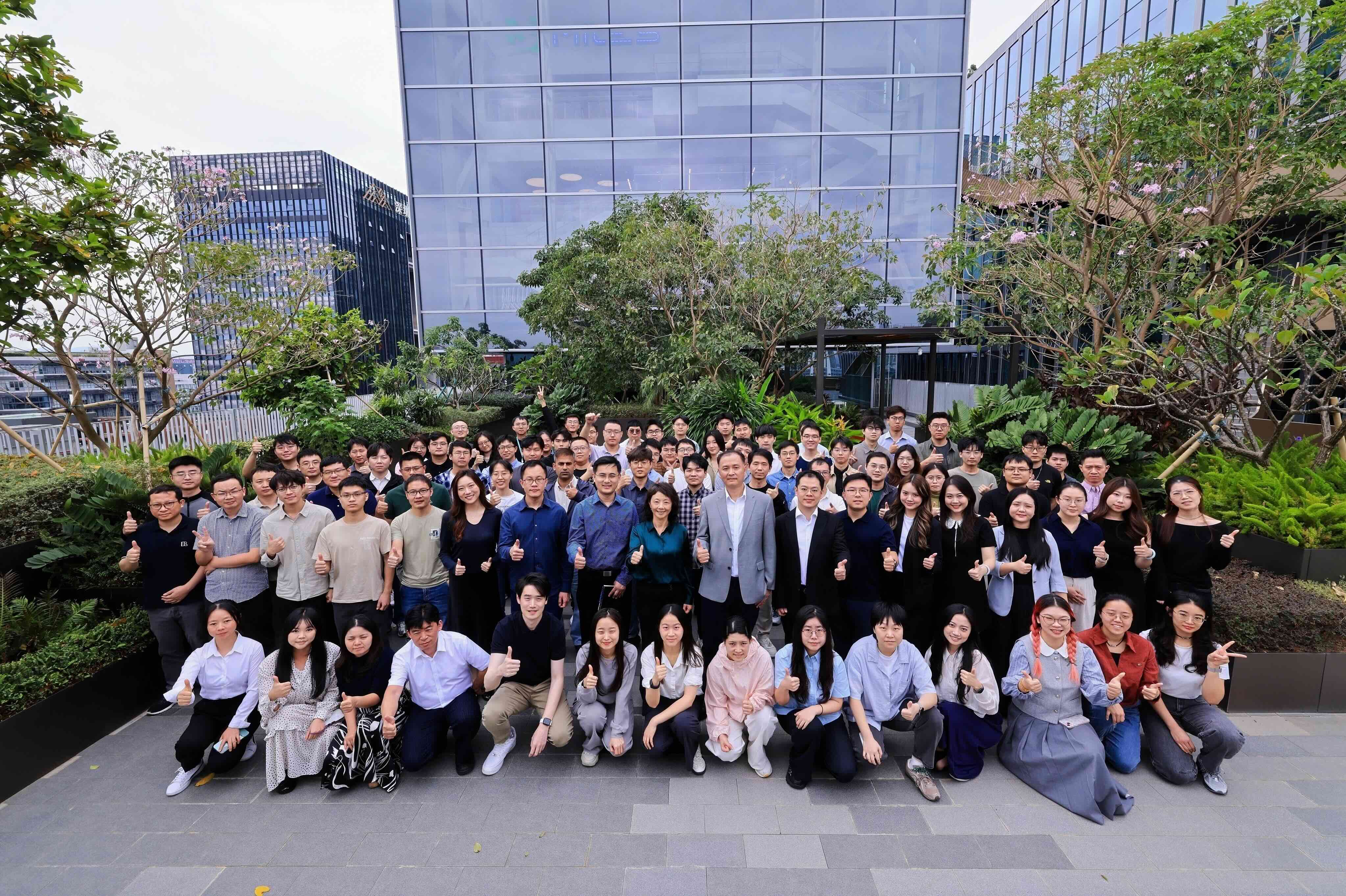Advisory Board Members
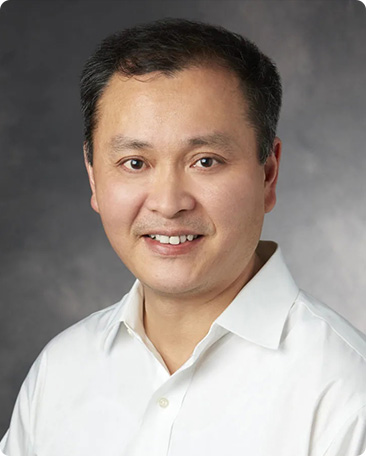


Hongjie Dai
AcademicianThe University of Hong Kong
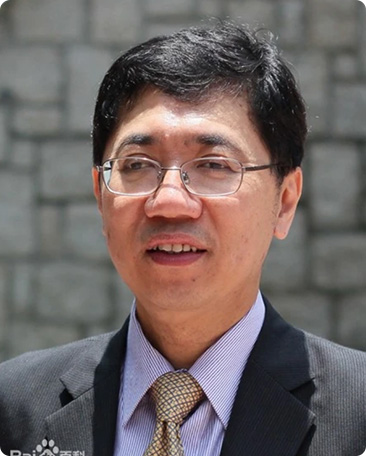


Chi-Ming Che
AcademicianThe University of Hong Kong
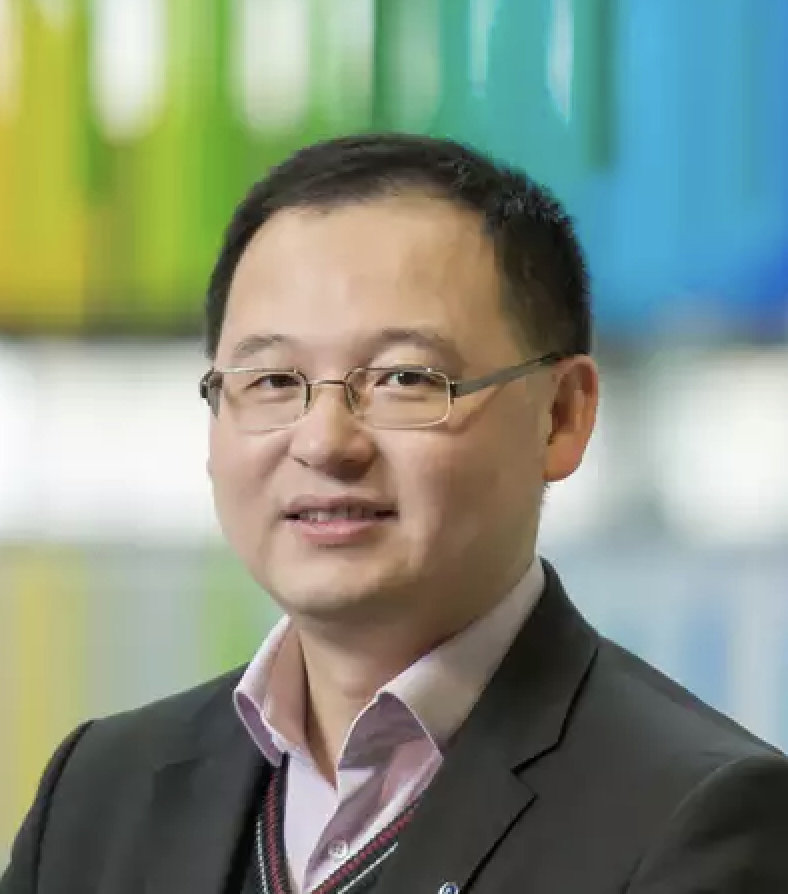


Xinliang Feng
AcademicianTechnische Universität Dresden
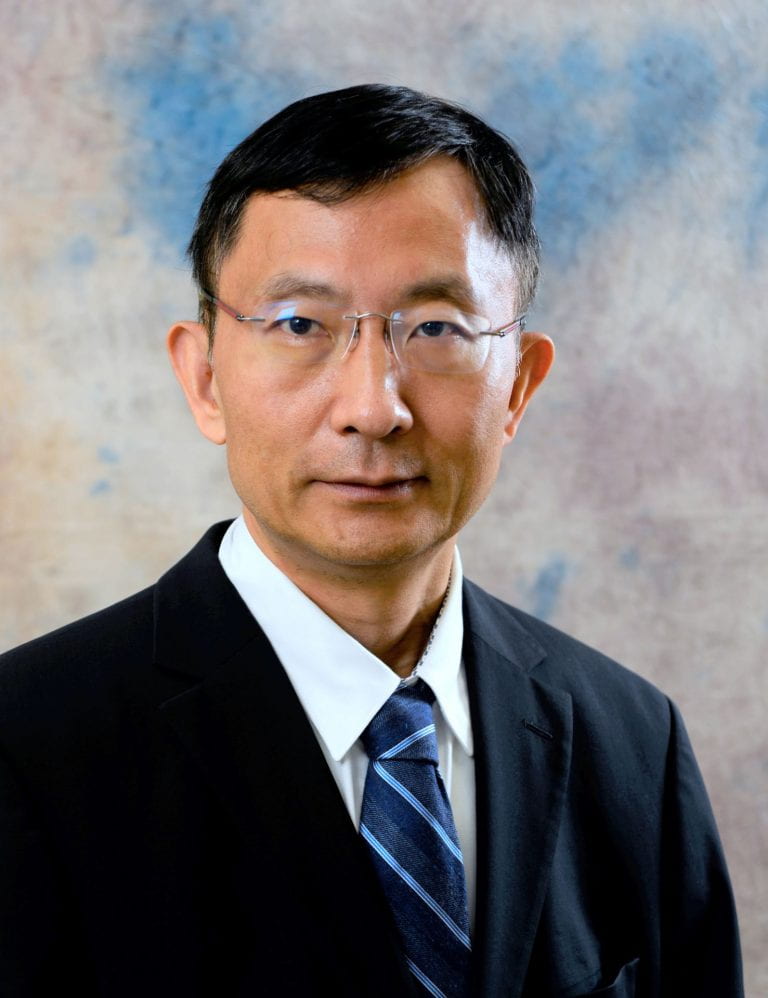


Huajian Gao
AcademicianTsinghua University
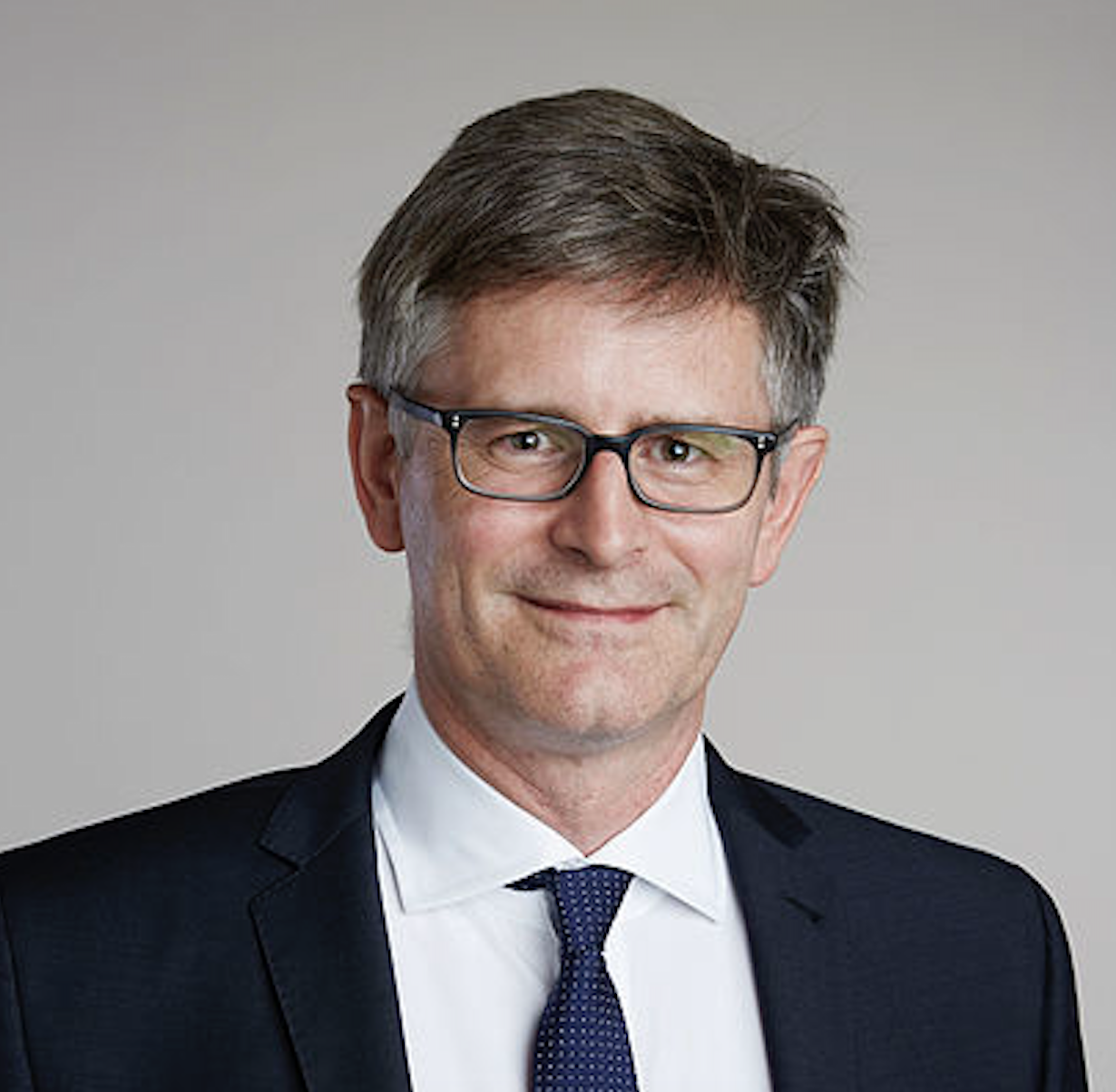


Michael Häusser
AcademicianThe University of Hong Kong
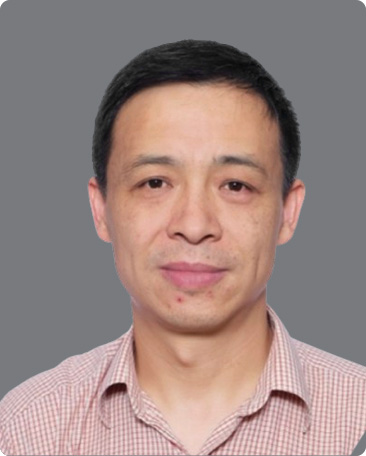


Xiaoyu Li
Head (Department of Chemistry)The University of Hong Kong
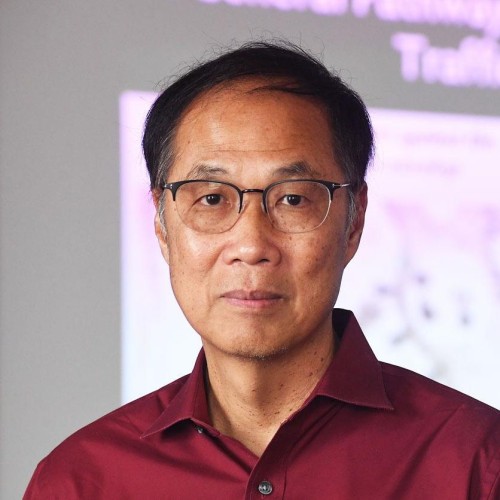


Kam W. Leong
AcademicianColumbia University
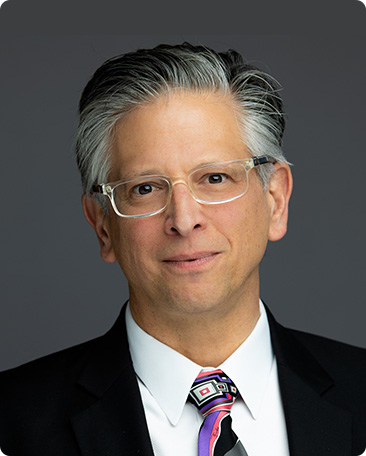


Paul S. Weiss
AcademicianUniversity of California,Los Angeles
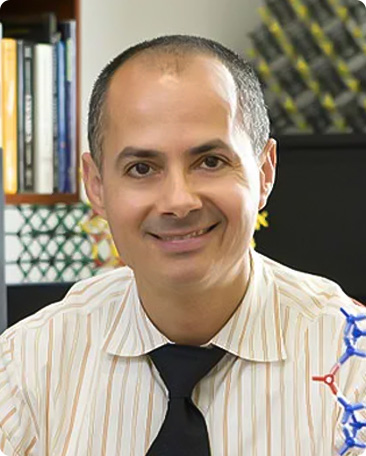


Omar Yaghi
AcademicianUniversity of California, Berkeley
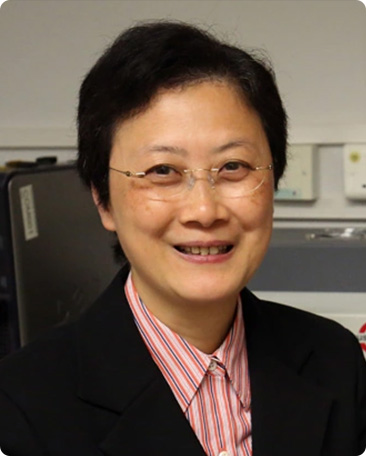


Vivian Yam
AcademicianThe University of Hong Kong
PIs & Fellows



Hongjie Dai
Chair Professor, HKUNanoscience and nanomedicine; biomedical science and engineering, near-infrared-II/short wavelength infrared (NIR-II/SWIR) molecular imaging for cancer and immunology; nano-vaccines.
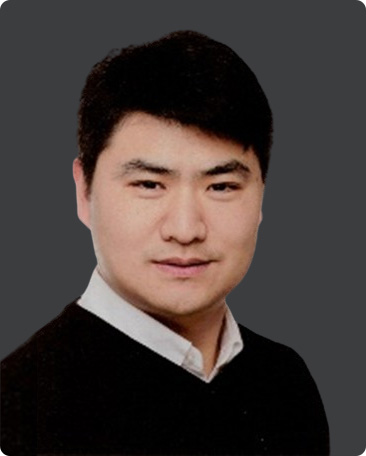


Renhao Dong
Associate Professor, HKUInterdisciplinary research based on interface chemistry and polymer chemistry, focusing on the design, synthesis, and functions of crystalline polymer materials.
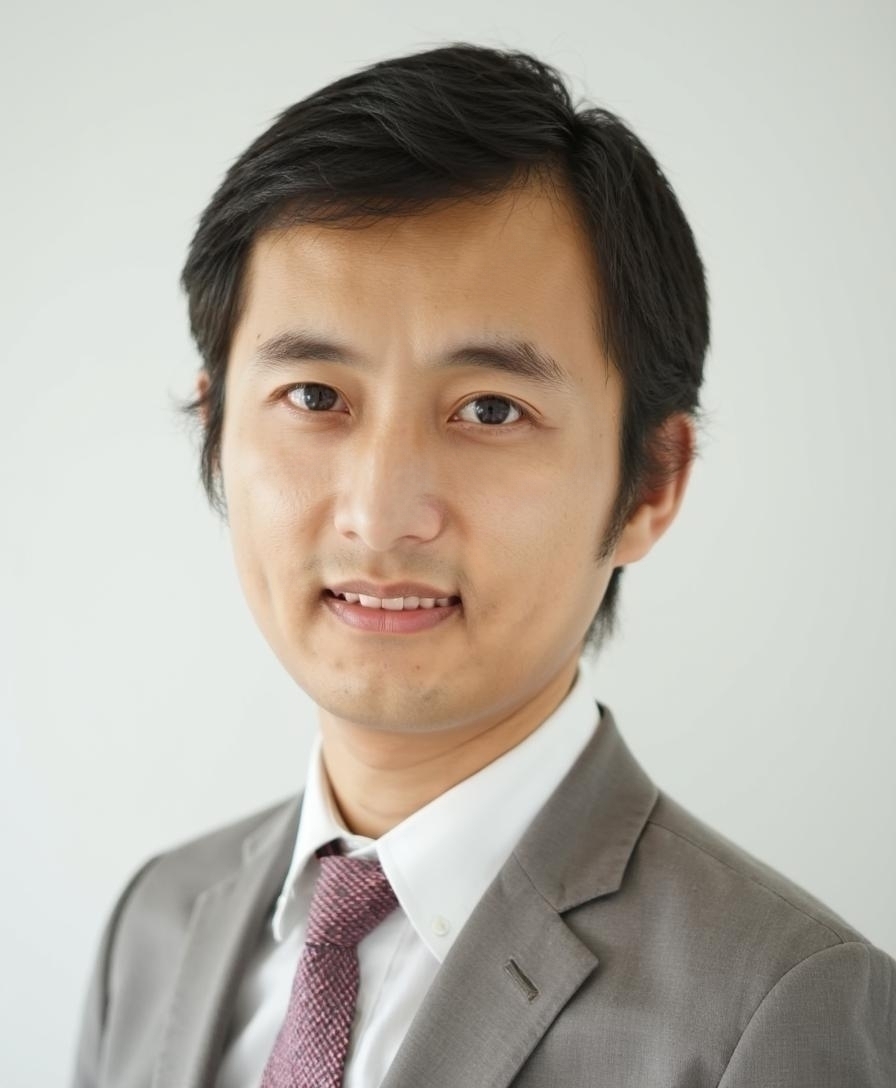


Ai-Min Li
Assistant Professor, HKUMolecular electrolyte design (liquid and solid), electrode materials innovation, solvation structure investigation, electrolyte-electrode interphase construction.
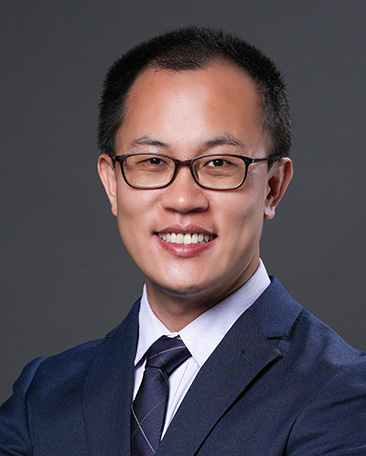


Feifei Wang
Assistant Professor, HKUAdvanced biomedical imaging, Near-infrared II fluorescence imaging, Super-resolution imaging.
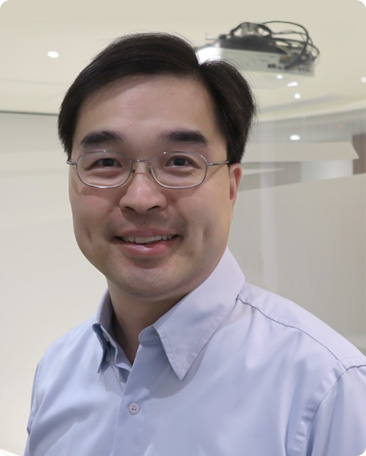


Wallace C.H. Choy
Professor, HKUDesign, physics, and mechanism of organic/inorganic optoelectronic devices; plasmonic nanostructures, nanoscale structures, and the hybrid systems with organic/inorganic materials; the multi-physical (optical, electrical, and thermal) properties and applications of the hybrid systems.
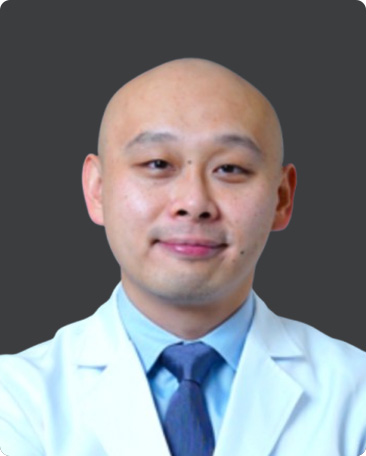


Hin Chu
Associate Professor, HKUThe pathogenic mechanisms and host and viral determinants of emerging viral pathogens, with an emphasis on highly pathogenic coronaviruses.
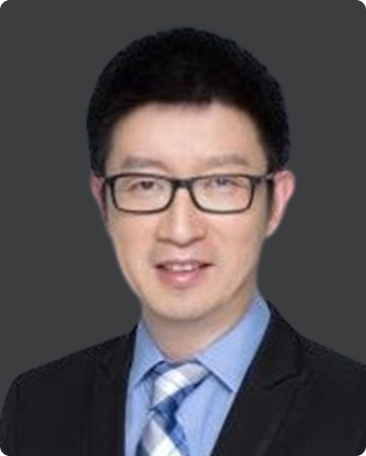


Nicholas X. Fang
Professor, HKUPhoton and sound into sub-wavelength scales. While the main efforts focus on new insights of design for advanced manufacturing of wave functional material and devices, his group also actively pursue the applications in the areas of energy conversion, communication, and biomedical imaging. His research also leads to over 16 patent applications on nano- and micro-fabrication, additive manufacturing, and imaging technologies with successful technology transfer to industry (e.g. Osram, BASF, Nissan) and startups.
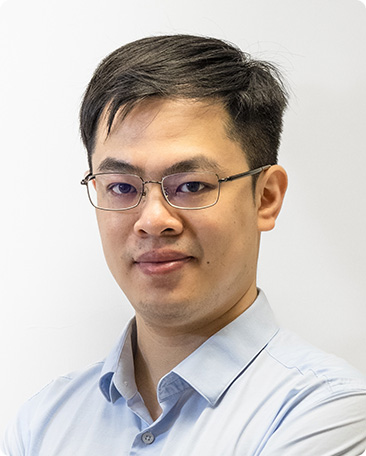


Jian He
Associate Professor, HKUOur independent research programs, at the interface between organic chemistry, inorganic chemistry, and materials science, are rooted in design of novel framework- and cluster-based catalysts for the advancement of sustainable chemical synthesis.
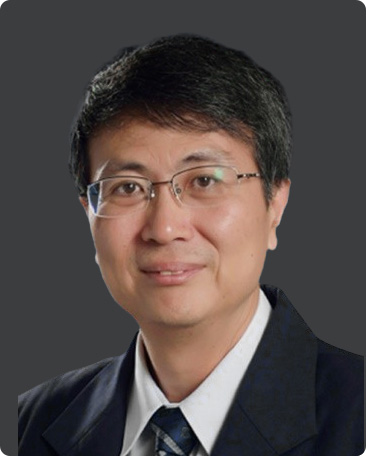


Jiandong Huang
Chair Professor, HKUSynthetic biology and Intracellular transportation; the functions of Kinesin-1, a microtubule-based motor protein, in various cell types and its impact on cellular processes during development and disease.
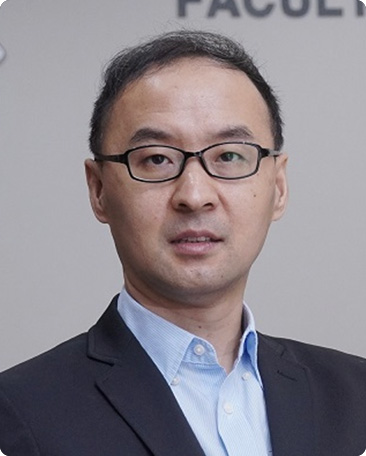


Xuechen Li
Chair Professor, HKUChemical synthesis, medicinal chemistry and chemical biology of biomacromolecules including peptides, proteins, carbohydrates and nucleic acids, spanning from innovative synthetic method development to biological studies and drug discovery, with an ultimate aim to develop novel therapeutics.
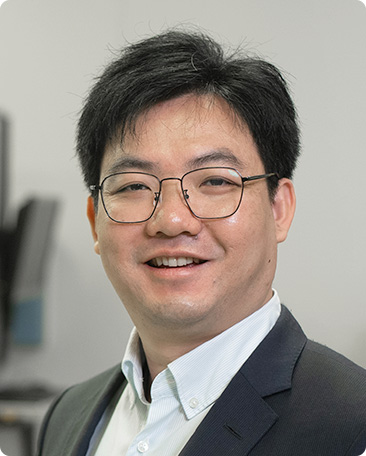


Junzhi Liu
Associate Professor, HKURational synthesis of molecular carbons with non-alternant topologies; Atomically precise synthesis of cubic (3D) nanocarbon; Bottom-up organic synthesis of heteroatom-doped nanocarbon; Organic electronic nanodevices: organic memory and memristors, multi-functional integration of organic field-effect transistors, OLEDs, etc.
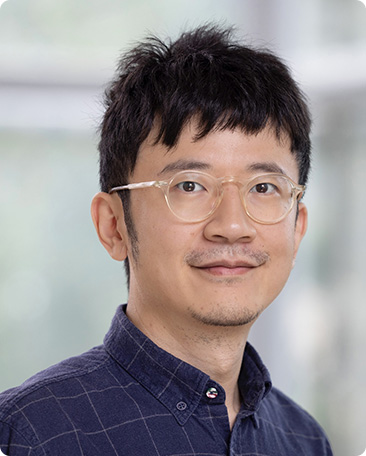


Haonan Lu
Assistant Professor, HKUEpithelial ovarian cancer (EOC), with a particular emphasis on ovarian clear cell carcinoma (OCCC) and high-grade serous ovarian carcinoma (HGSOC).
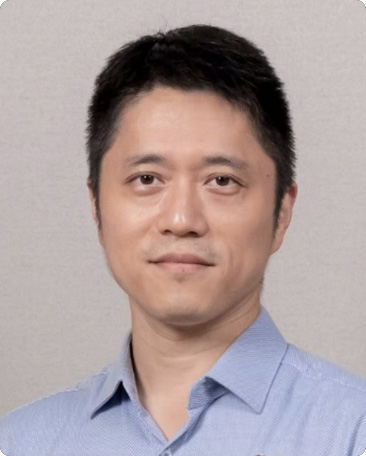


Yang Lu
Chair Professor, HKUMicro/Nanomechanics; in situ Electron Microscopy; Nano-Manufacturing; Mechanical Metamaterial; Strain Engineering.
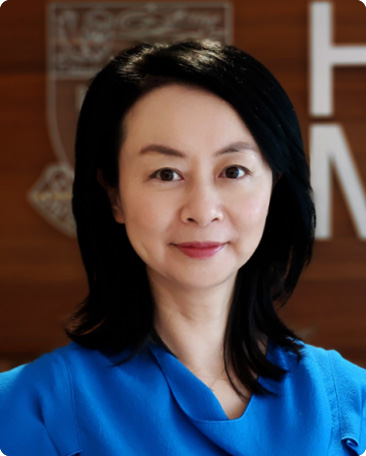


Nancy Kwan Man
Chair Professor, HKULiver transplant immunology & oncology; Novel theranostics for liver cancer metastasis and recurrence; Molecular imaging and bioprinting for cancer research and liver diseases.
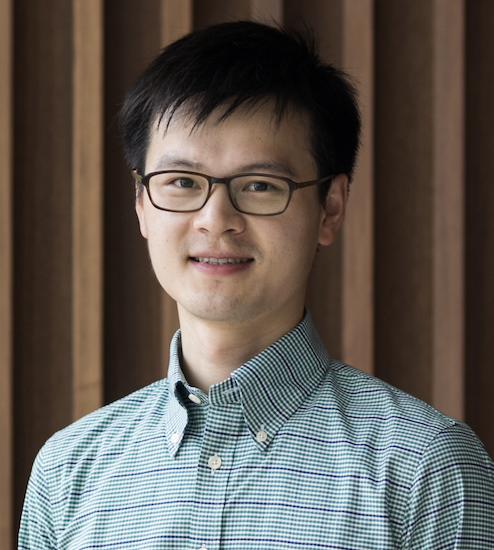


Tao Ni
Assistant Professor, HKUThe interface between host and pathogens (virus and parasites) to decipher their relationship in the molecular level, utilizing cutting-edge structural biology approaches.
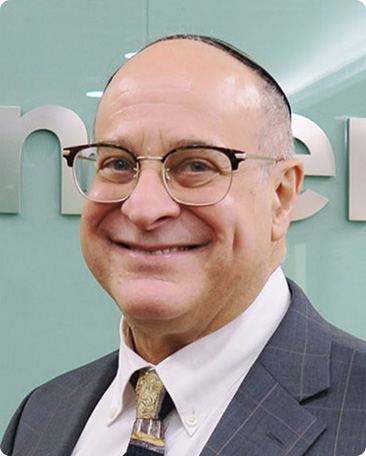


David J. Srolovitz
Chair Professor, HKUThe structure, microstructure, (mechanical, optical, electronic, thermodynamic) properties, and defects in crystalline materials via theoretical and computational methods.
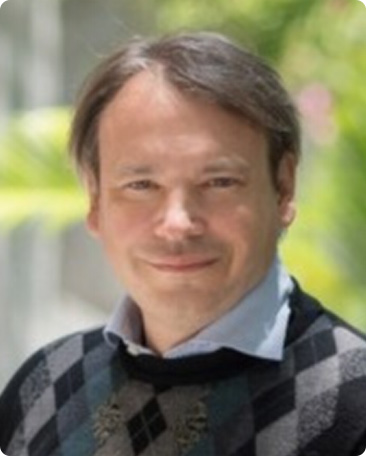


Julian Alexander Tanner
Professor, HKUChemical biology and DNA nanotechnology; directed nucleic acid evolution of aptamers for translational biomedical application; interdisciplinary experimental approaches at the interface of biomedical science, chemistry and engineering to tackle major medical challenges.
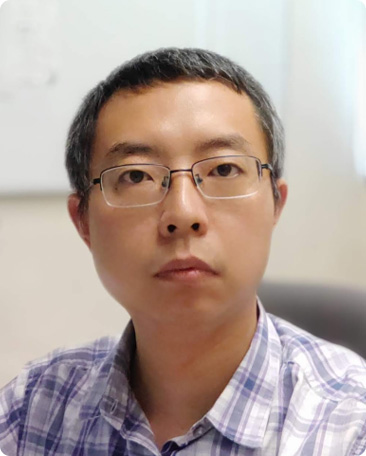


Jinyao Tang
Professor, HKUNew functional nanomaterials based on the non-equilibrium system such as light-powered nanomotor and chemical-powered active matters.
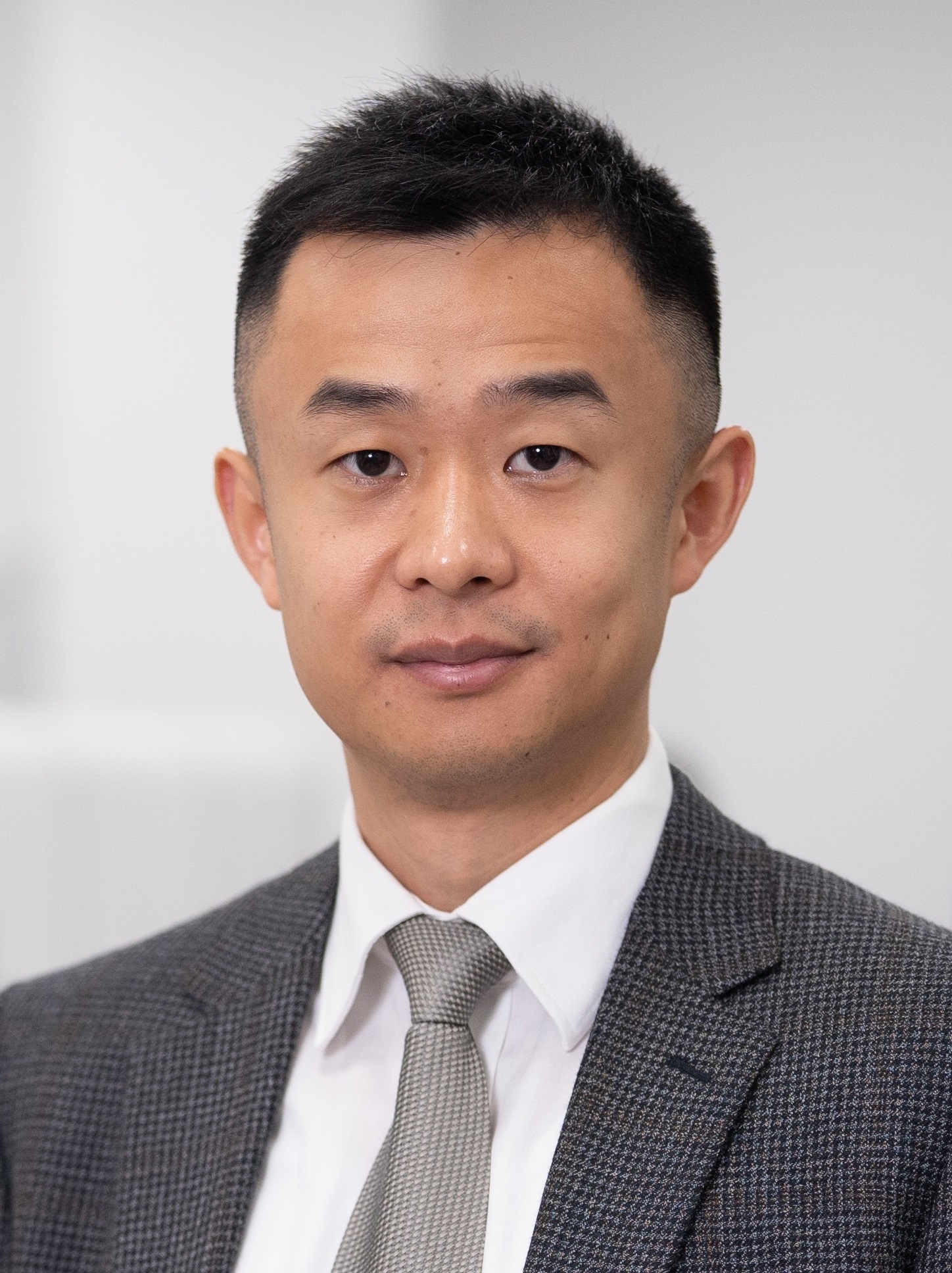


Lizhi Xu
Associate Professor, HKUAdvanced soft materials and devices that can naturally integrate with biological organs and tissues; Advanced fabrication techniques; Reconfigurable 3D structures.
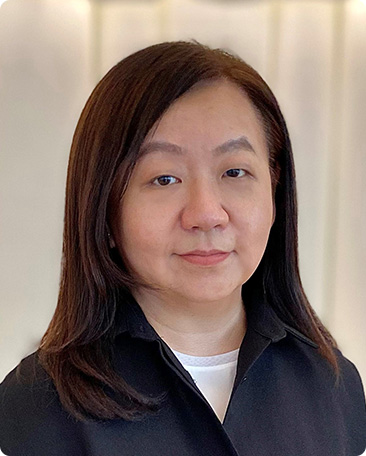


Judy Yam
Professor, HKUThe mechanistic basis of hepatocellular carcinoma (HCC) and its implications for the development of innovative diagnostic and therapeutic interventions.
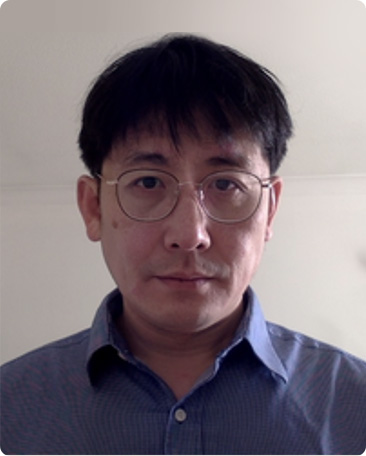


Shuang Zhang
Chair Professor, HKUFundamental physics and practical applications in photonics; topological metamaterials and nonlinear metamaterials; the development of superimaging and metasurface optical devices.
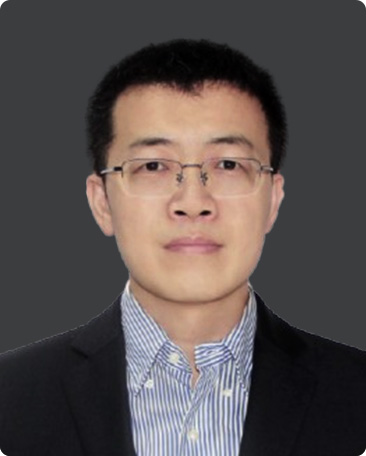


Zhiwen Zhang
Associate Professor, HKUApplied analysis and numerical computation of problems arising from quantum chemistry, wave propagation, multiscale problems, uncertainty quantification, nonlinear filtering problems, and deep learning methods.
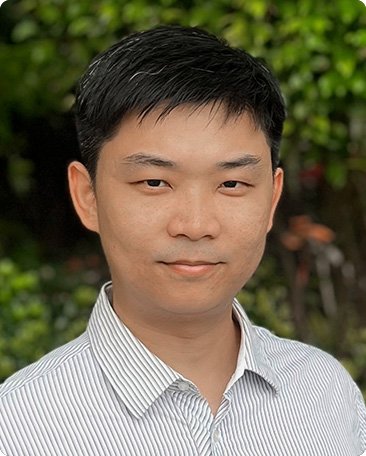


Tianshuo Leo Zhao
Assistant Professor, HKUAdvanced 3D manufacturing of colloidal nanomaterials, nanodevices for IR/terahertz sensing, communication, and computing, photo(electro)chemical devices for biochemical sensing and solar energy conversion.
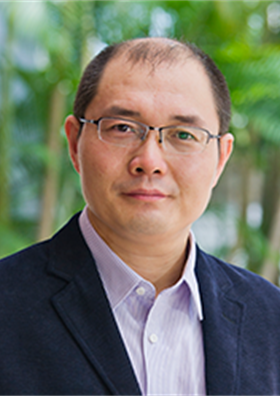


Chunyi Zhi
Chair Professor, HKUAqueous Batteries
Zinc Batteries
Solid State Batteries
Catalysts for Sustainable Development
Why HKU-MILES
At MILES, professors possess great freedom, space, and funding to conduct high-risk, high-reward, and high-impact research projects.
MILES strongly encourages interdisciplinary collaboration and promotes interactions and communications between researchers with different backgrounds in science, engineering, and medicine and a common interest in molecules and materials.
MILES scientists bring diverse expertise to collaborate in the same building, publish discoveries, and write grant proposals to the many funding sources in the Greater Bay Area.
In addition, MILES also has a technology translation center that provides seed funding and incubation space for startup companies to accelerate the commercialization of scientific discoveries and technological innovations.
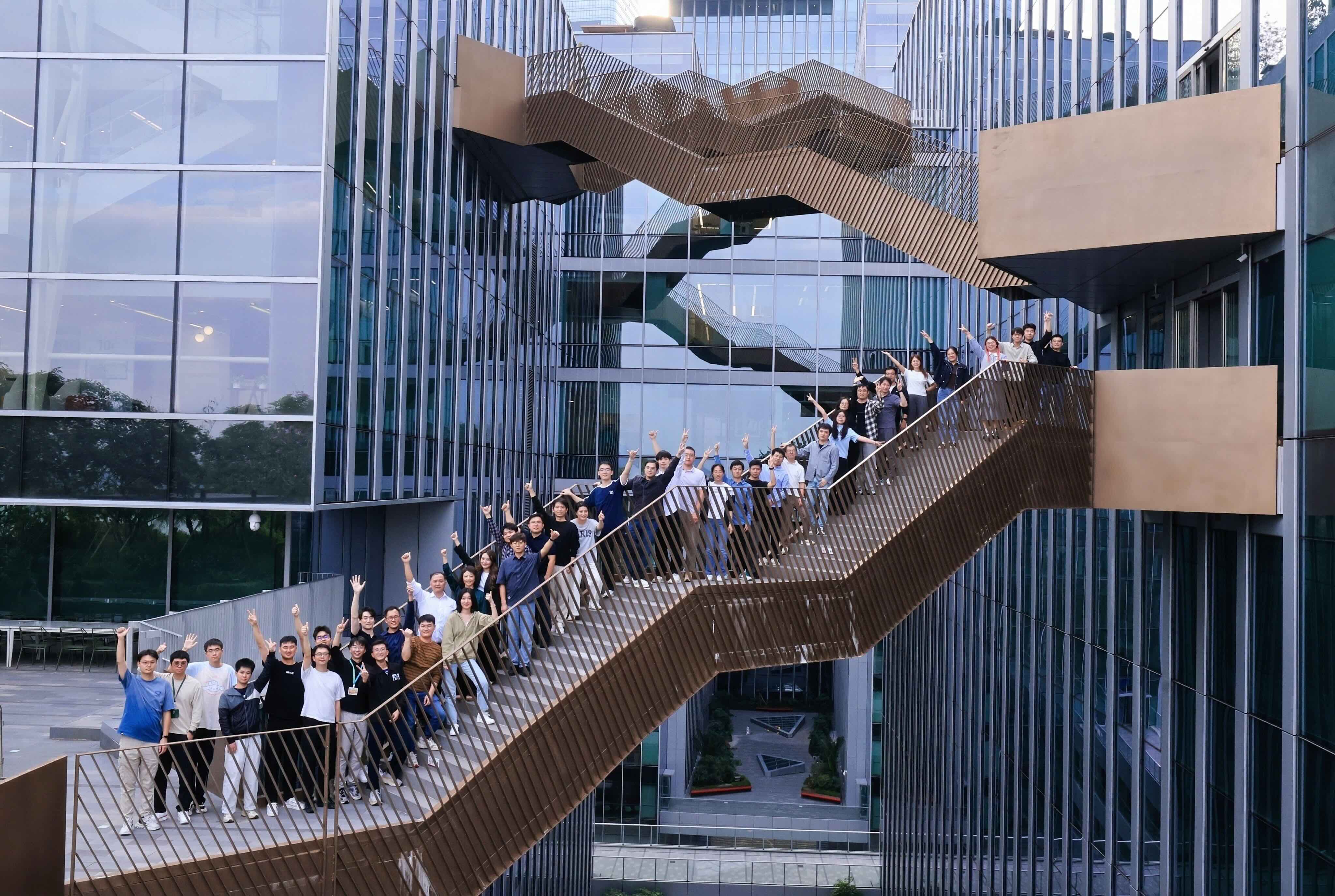
Explore Careers at HKU-MILES
All professors and graduate students at MILES are affiliated with HKU Departments of Chemistry, Physics, Faculty of Engineering, and School of Biomedical Sciences.
Joint faculty appointment with MILES follows a rigorous evaluation process and is an honor with substantial resources.
Postdoctoral researchers at MILES can be affiliated with an HKU department or jointly with HKU Shenzhen Institute in the mainland.
Careers

